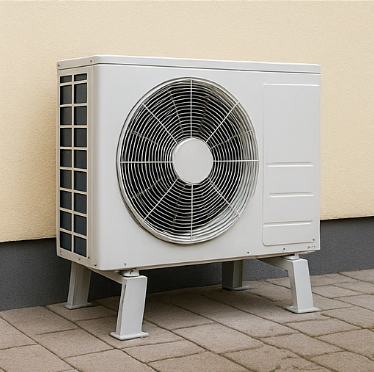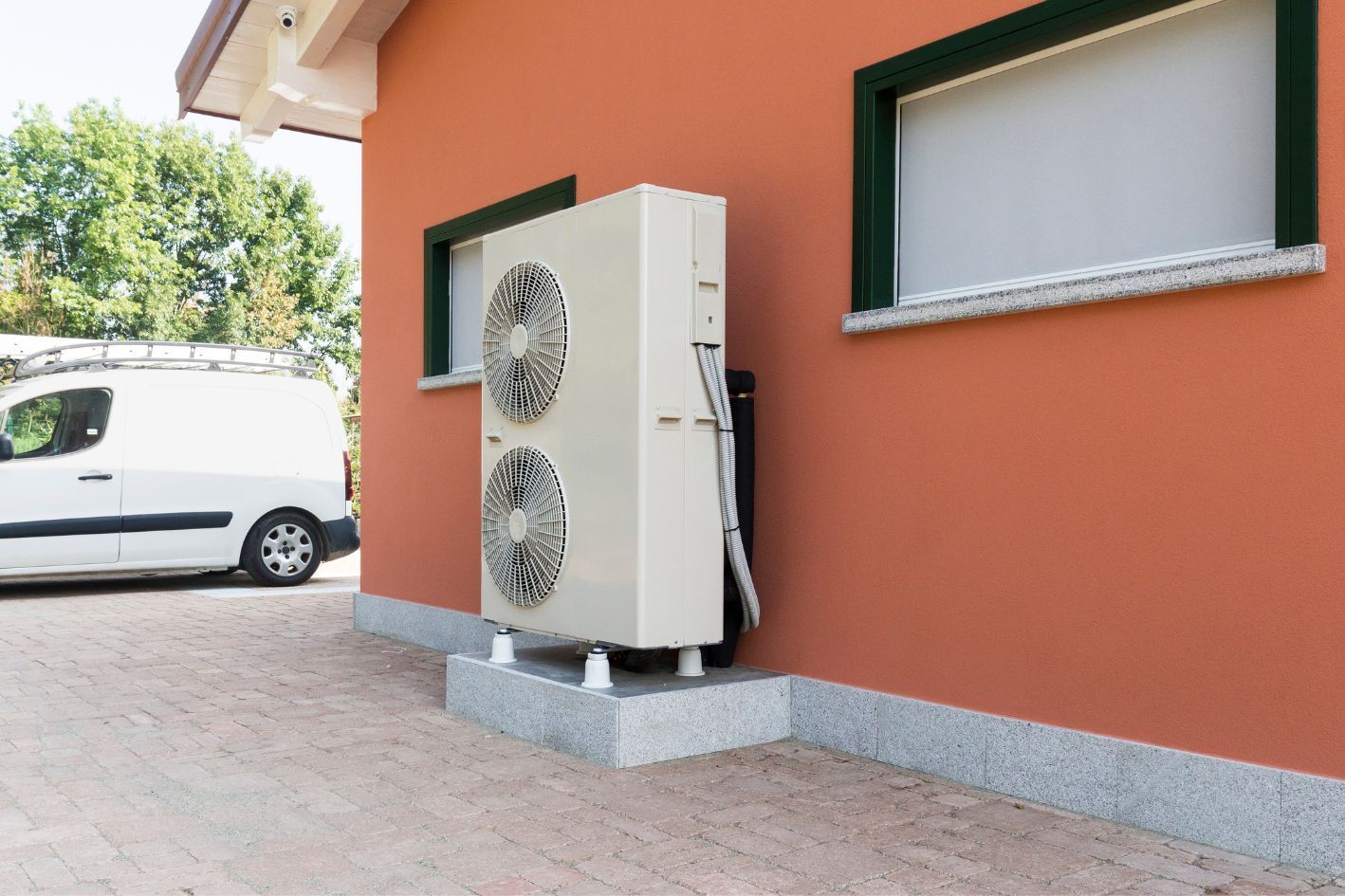Choosing Wisely: How to Read Energy Ratings When Buying an Air Source Heat Pump
The Importance of Energy Performance
Understanding
energy ratings can make a substantial difference to your long-term running costs and environmental impact when investing in an air-source heat pump. These ratings provide a standardised way to compare the
efficiency of different heat pump models, helping you make an informed choice that aligns with your heating needs and budget considerations.
What Do COP and SCOP Mean?
The two main
efficiency ratings you'll encounter are
COP (Coefficient of Performance) and
SCOP (Seasonal Coefficient of Performance). The
COP measures how efficiently a heat pump converts electricity into heat under specific test conditions. For example, a COP of 3.5 means your system produces 3.5 kilowatts of heat for every kilowatt of electricity.
The
SCOP provides a more comprehensive picture by measuring performance across an entire heating season, accounting for varying temperatures. This makes
SCOP particularly valuable for assessing real-world
energy efficiency in your climate zone.
Energy Labels and What They Tell You
Modern
air source heat pumps have energy labels displaying ratings from A+++ to G. These labels provide a quick visual reference of a system's
efficiency level. The highest-rated
heat pumps typically deliver significant energy savings compared to conventional heating systems, often reducing energy consumption by 50-75%.
Financial Benefits of Higher Ratings
Investing in an
air source heat pump with superior
energy ratings might involve a higher initial cost, but the long-term savings are substantial. Higher-rated systems consume less electricity to produce the same heat, reducing monthly energy bills. Many homeowners find that the extra investment in a higher-rated system pays for itself through energy savings within a few years.
Making the Right Choice
When selecting an
air source heat pump, consider the
SCOP and energy label classification closely. These indicators will help you identify systems that deliver optimal performance and cost-effectiveness for your heating requirements.












